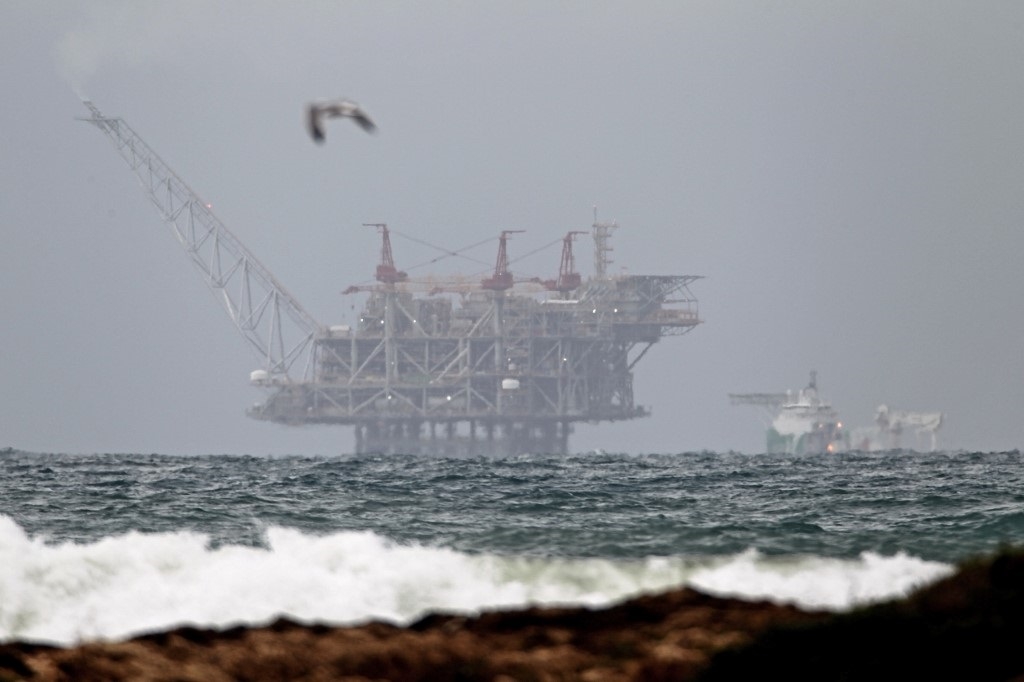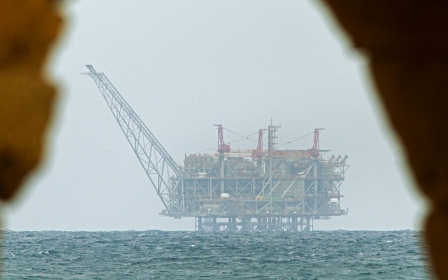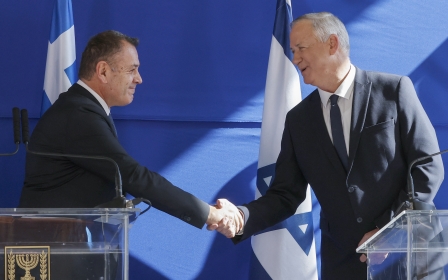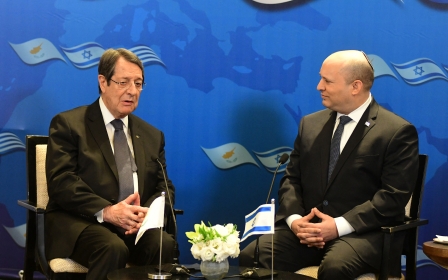EastMed pipeline economically unviable and will take too long, says US official

A proposed pipeline to deliver natural gas from deposits in the Eastern Mediterranean to European markets is too expensive and will take too long to help countries seeking alternatives to Russian gas any time soon, a senior US diplomat has said.
Under Secretary of State Victoria Nuland said, after talks with Cypriot President Nicos Anastasiades on Thursday, that countries in the region understood dependence on Russian oil and gas was "an extremely bad bet" following its invasion of Ukraine.
But she said the proposed EastMed pipeline project wouldn't be able to immediately deliver the gas Europe now needs to swiftly wean itself off Russian energy because it would run in very deep water and construction would take more than a decade.
"And frankly, we don't have 10 years, but in 10 years from now, we want to be far, far more green and far more diverse [in energy sources]", Nuland said.
"So what we are looking for within the hydrocarbon context are options that can get us more gas, more oil for this short transition period," she added.
New MEE newsletter: Jerusalem Dispatch
Sign up to get the latest insights and analysis on Israel-Palestine, alongside Turkey Unpacked and other MEE newsletters
Europe depends on Moscow for roughly 40 percent of its natural gas needs. In response to Russia's invasion of Ukraine, the EU aims to cut its dependence on Russian gas by two-thirds within a year. That has left the bloc scrambling for supply in an already tight market.
Israel had partnered with Greece and Cyprus to build a gas pipeline from the Eastern Mediterranean to Europe - a project that was promoted by the previous US administration of Donald Trump.
But as Middle East Eye reported earlier this year, the Biden administration silently abandoned the project, sending Greece its concerns about it in a "non-paper", an unofficial diplomatic correspondence.
The three states had aimed to complete the project by 2025, but no financing had been secured.
On Tuesday, Nuland met with Israeli, Greek, and Cypriot foreign ministers in Athens, where discussions on energy were high on the agenda. For years the three countries have been trying to tap into regional gas reserves, and are eager to fill any void left by Russia.
In an interview with the Greek daily eKathimerini on Wednesday, Nuland said the region could still be an "energy engine for northern Europe", calling for the transfer of natural gas via LNG shipments as an alternative to pipelines, as well as electricity connections.
"We don't need to wait for 10 years and spend billions of dollars on this stuff. We need to move the gas now," Nuland said.
Israeli gas is already shipped to Egypt where it undergoes liquefaction at LNG facilities in Idku and Damietta. And analysts say increasing LNG exports via Egypt could serve as more "practical steps" to meet Europe's needs.
At the same time, the US is also backing Greek, Cypriot and Israeli efforts to build the world's longest and deepest underwater power cable that will link their electricity grids. The $2.7 bn project, called the EuroAsia interconnector, is expected to be completed by 2025.
Middle East Eye delivers independent and unrivalled coverage and analysis of the Middle East, North Africa and beyond. To learn more about republishing this content and the associated fees, please fill out this form. More about MEE can be found here.





